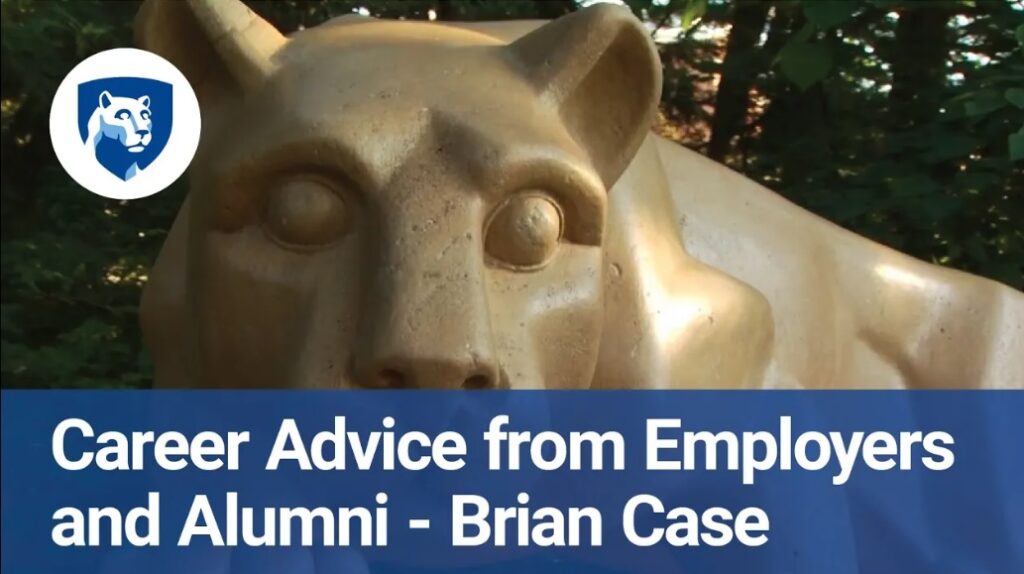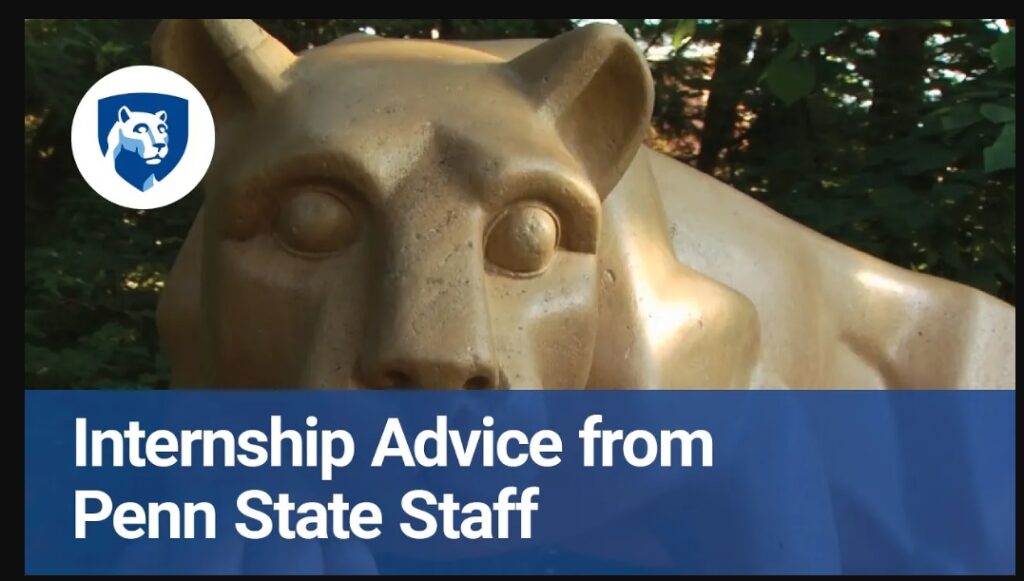
Whether you move into a different field of work or transition among an assortment of job titles, it is critical that you can speak the language of transferable skills. The days when people stayed in one job — or even stayed with the same company — for their entire career are long gone. Instead, today’s workers have a large number of short-duration jobs. The average person has 11.7 jobs from age 18 to 48 and holds the majority of these positions for less than five years (Bureau of Labor Statistics, 2015).
Skills are defined as the ability to perform a task proficiently. While some skills can be occupation specific — think of brain surgery, for example — many skills are transferable across all jobs. Moving around in a fluid job landscape means you must be able to communicate your proficiencies so that employers can visualize how you could easily fit into a particular job, even if it is a departure from your existing work. Frame your strengths in a way that makes employers excited about how you’ve already used your skills and, by extension, how you will use them to benefit their organizations’ needs.
Identify Transferable Skills
To identify relevant transferable skills, you must have a target. You can find relevant skills by review of a job post. Employers often describe the kind of abilities that the ideal candidate will need to complete job tasks. Here’s an example:
School Bus Driver Wanted
- Provide friendly and reliable transportation for students and, if needed, for students with disabilities
- Must be eligible and willing to obtain a Commercial Driver’s License (CDL) with school bus endorsement
- Must know traffic safety rules and precautions to avoid accidents
- Must be able to carry out written and oral directions
- Ability to carry out disciplinary actions
Even if you never drove a bus before, you probably could speak to your transferable skills of customer service, judgement, decision making, and communication skills.
If you need to know more about what a job involves, you can use such resources as careeronestop or O*NET to help you identify tasks and related skills for some occupations.
Communicate Your Transferable Skills
Most people know that they qualify for a position when reading a job description but then struggle to communicate what they know about themselves to an employer on their résumé. Using the job posting just mentioned as an example, let’s say that I used to be an emergency medical technician (EMT), and now I want to apply to drive a school bus. I have no CDL, nor do I have any experience with kids. Could I still make a compelling case that I would be great at this job? Yes, if we focus on transferable skills.
I could highlight my skills for dealing with stressful situations on my résumé. I might say how even at high speed, I have a perfect driving record. I could add time management, assessing situations and people, customer service, and a variety of other relevant skills that a bus driver needs. On the other hand, I would not need to mention my skill of assessing medical conditions or medical record keeping; these EMT skills are not related to school bus driving.
Show potential employers that what you’ve done can apply to what they need, by mentioning your transferable skills. Identifying such skills and framing them in the right way just might be your key to a great interview opportunity that then takes your professional journey in an exciting new direction. If you need help identifying or communicating your skills, please reach out to Penn State World Campus Career Services.



